Types of cultism in Nigeria, groups, history, symbols and meanings
There are several types of cultism in Nigeria. Their symbols represent what they stand for. At times, members willingly or forcefully tattoo these symbols on themselves. Cultism is popular among today's youths who seek easy and quick money and riches.
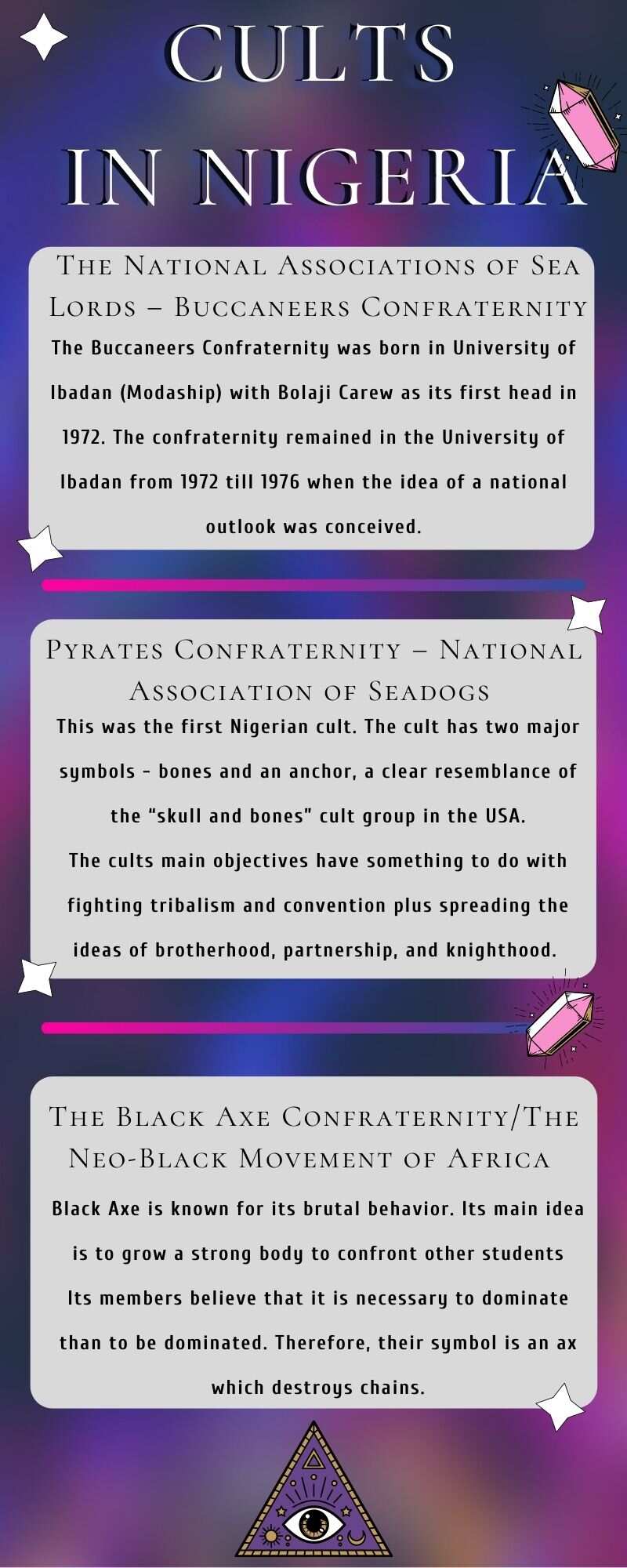
TABLE OF CONTENTS
The world is aware of cultism in Nigeria because social media users and the mainstream media associate several viral murder cases and massacres with cults thriving in universities and secondary schools. For instance, the Akwa Ibom State government alone discovered 51 cults and societies in secondary schools in March 2020.
What is cultism and types of cultism in Nigeria
CULTISM DEFINITION: According to the Oxford Dictionary, cultism is a religious or social group whose beliefs are secret, individualistic, and esoteric. Cultism involves carrying out some ritualistic practices.
Cultists share common objectives and ideas known or unknown to society, but some leaders hide their intentions from members. Here are the main characteristics of cultism:

Read also
Onuesoke to Adeboye: Nigeria's problem isn't spiritual, requires stern action from leaders
Most youths, especially university students, fall into the cultism trap because of lust for power, riches, and prestige. These organizations commission them to kill and engage in other heinous crimes. They lured members into believing this would give them supernatural abilities to achieve their goals.
Historical development of cultism in Nigeria
A look into the origin of cultism in Nigeria reveals it is not something new. It dates back to the precolonial era. At the time, a group of people came together to request and ask for protection from their ancestors.
The aim of these people was genuine and had no ill motive, and they conducted rituals to appease their ancestors. Over time, it became normal to initiate people into the sect. After all, people wanted to join the secret group because it was associated with positive things.

Read also
Insecurity: New twist as security agencies place influential northern senator under surveillance
People who joined the group had to swear to keep the group's secrets and observe all religious rules and rituals sacredly. At the time, the secret groups included the following.
- Ogboni sect in the Yoruba community
- Ekpe sect among the Efiks and some parts in the South East
- Ekine and Owegbe groups among Delta and Edo State
People joined these sects to offer financial, social, political, and economic security to members.
Types of cultism in Nigeria and their symbols
Young idealistic men started the confraternity system in Nigeria in 1952 during the last years of British colonial rule. They protested against notions of elitism by middle-class Nigerians and were not violent. Today, some groups are more violent than others, but not all members commit crimes.
Some Nigerian confraternities hide their symbols and keep the information among their members, while other cults do not make their signs a secret. Check out the following signs and symbols of cultism in Nigeria:

Read also
20 symbols of death across different cultures and media
1. Pyrate Confraternity (The National Associations of Sea Dogs)

Pyrates was the first cultism movement in Nigeria. Nobel Prize-winning author Wole Soyinka and his friends from the University of Ibadan in Oyo State (Aig-Imoukhuede, Pius Olegbe, Ralph Opara, Nat Oyelola and Olumuyiwa Awe) formed the group in 1952. They later called themselves the Sea Dogs. They had three objectives:
- To Abolish convention.
- To revive the age of chivalry.
- To end tribalism and elitism.
A group split from the Pyrates in the late 1960s to form a new community known as Secret Cults. Wole Soyinka described today's confraternities as vile, evil groups. He is, however, still a member of the Pyrates, which is dedicated to humanitarian and charitable endeavours.
The Sea Dogs is a controversial secret cult in the Nigerian University System. They have been linked to crimes but also help society, e.g. summoning masses to join the prostate cancer awareness campaign in 2021.
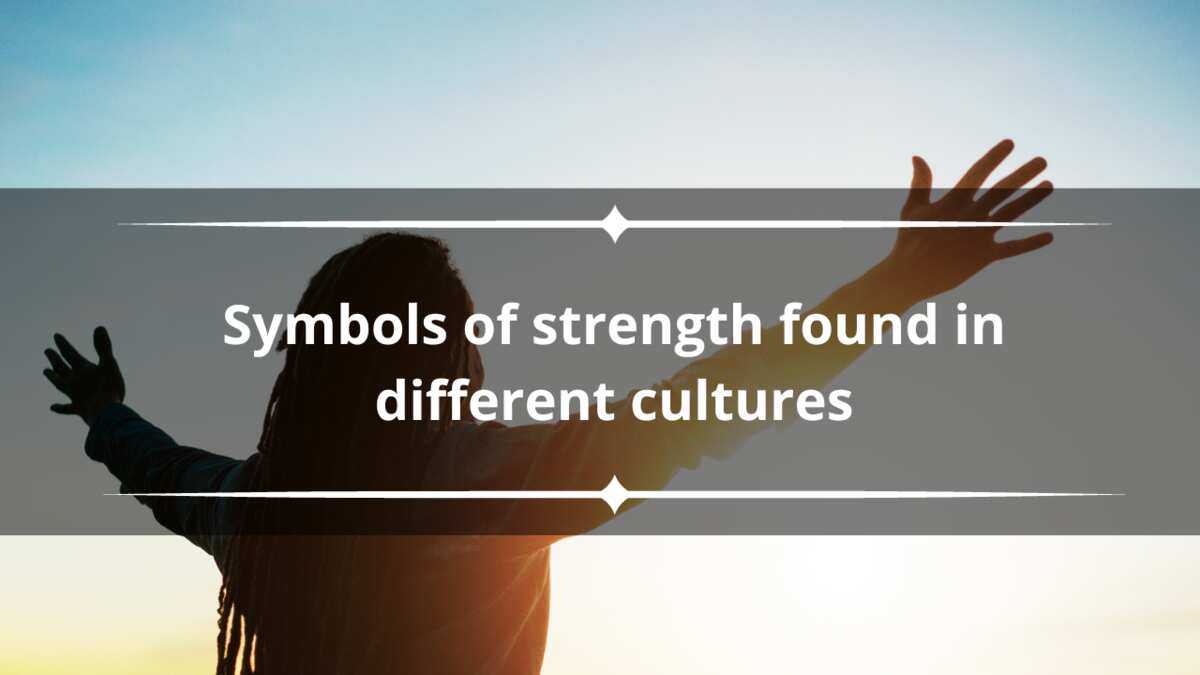
Read also
33 symbols of strength found in different cultures
The cult's symbol comprised a skull, two cross-bones, and an anchor. They fight convention (an agreement between states covering particular matters) and tribalism and support knighthood and humanistic ideas/partnerships.
The group's hay days ended when the Buccaneers split from them. As a result, the Pyrates' leadership moved out of campuses in 1984 to distance the group from violence. It no longer recruits students.
2. Buccaneers Confraternity (The National Associations of Sea Lords)

Bolaji Carew led a group that was expelled from Pyrate Confraternity in 1972. They formed the Buccaneers (also called the National Associations of Sea Lords) and became more powerful than their mother cult.
Many cults exist in Nigeria because students who never met Buccaneers' high academic and intellectual standards preferred to create their own organizations. However, their symbols and ceremonies still resemble the Seadogs'.
Meanwhile, the Seadogs thrive because some students join the group for fear of being harmed by rivalry cults like the Black Axe and Pyrate Confraternity. Members of the Sea Lords call themselves Fine boys, Ban Boys, Alora, Bucketmen, Lords, etc., and some of this cult's beliefs and sayings are:
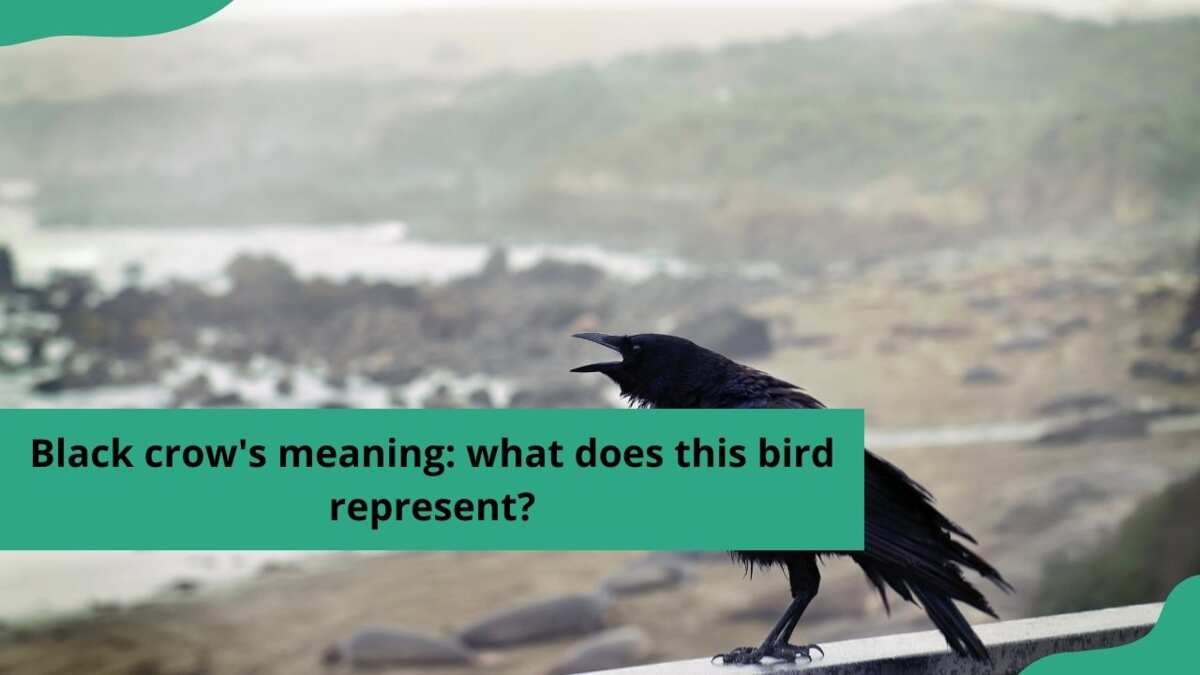
Read also
Black crow's meaning: what does this bird represent?
- No Price, No Pay.
- No brothers in the wood.
- No laughing on board.
- Blood for blood.
- Let the devil that leads you guide you.
3. Black Axe

Black Axe is a feared confraternity in Nigeria. Some students at the University of Benin in Benin City formed it in 1976 to fight oppression against Blackman (students) in universities. It is believed that the Black Axe founders were runaways from the Neo-black Movement of Africa (an organization in South Africa).
They fought apartheid in South Africa, escaped to Nigeria for safety, and brought that notion to this country. Black Axe's symbol is the axe, and members call themselves Aye, Axe-men, Seven (7), or Amigos. Here are some of their beliefs and sayings:
- The Blackman will be freed with an axe.
- No f*ck ups.
- Forgiveness is a sin.
- Don’t betray your brother in the hood.
- Obey before complaining or Abeyance.
- He who price must pay.

Read also
Is Insidious based on a true story? The history behind the franchise
4. Supreme Vikings Confraternity

Some former members of the Buccaneers at the University of Port Harcourt formed the Supreme Vikings Confraternity in 1982. The group was originally called De Norsemen Club of Nigeria. This movement's symbol is SVC (two crossed axes and a boat), and members call themselves Aro-mates, Adventurers, or Vultures. Some of their beliefs and sayings are:
- Blood on the high sea.
- Songs of Hojas.
- Never hang a leg.
- Even in the face of death.
5. Supreme Eiye Confraternity or Air Lords

The University of Ibadan's students founded Supreme Eiye Confraternity (also called Air Lords or HABA-KRIER) in 1963. It was established to positively impact its members' social-political, cultural, physical and mental development and was indifferent to other conventional cult groups.
The movement's motto is "there are no enemies, there are no friends; just a confraternity, and discipline." Their symbol is a landing eagle, and members call themselves Fliers, Airforce, Airlords, etc.
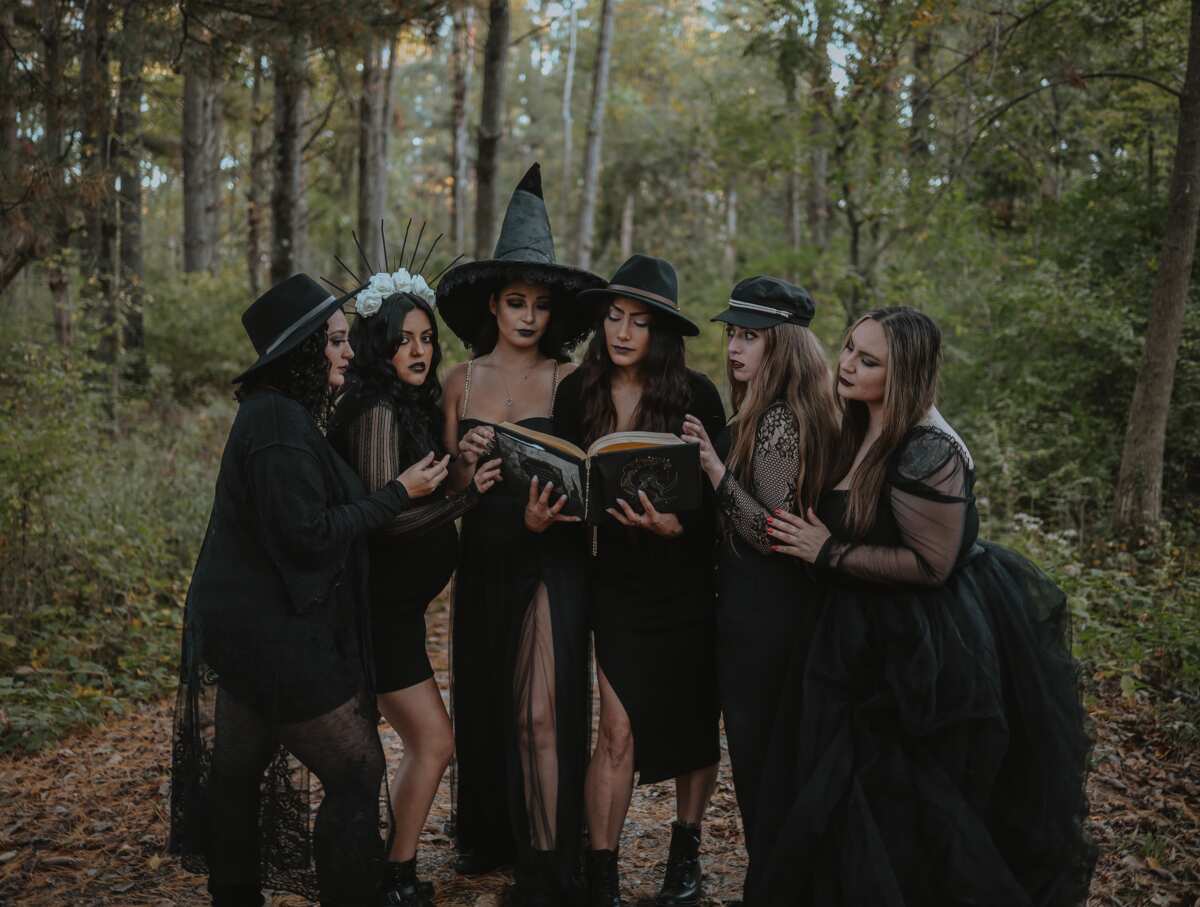
Read also
20 different types of witches: what sets them apart from one another?
6. Deby Na debt

Deby Na debt borrowed ideas from a cult in California, and members worship a demon called Ogor. The demon's symbol is an image of a human skull believed to be of a mad person.
Deby Na debt is also called the Eternal Fraternity Order of Legion Consortium. It borrowed ideas from a cult in California, and members call themselves Klansmen (Klansman in singular). They perform an oath to prove their loyalty and believe their mission puts them above all other types of cultism in Nigeria. Here are Klansmen's sayings:
- The affairs of a klansman before any other thing in life.
- What concerns a klansman concern all klansmen.
- The status of other cult members is not considered or relevant.
- Oath of secrecy abides by all members.
- Peaceful man in a deadly mood, disagree to agree.
7. Ciao-Sons or mafia cultism

The group is also called the Family Fraternity or Cosanosyra Mafia Confraternity. The Ciao-Sons was formed in 1978 at the University of Ilorin in Kwara State but began operating in Obafemi Awolowo University, Ile-Ife, in 1980.
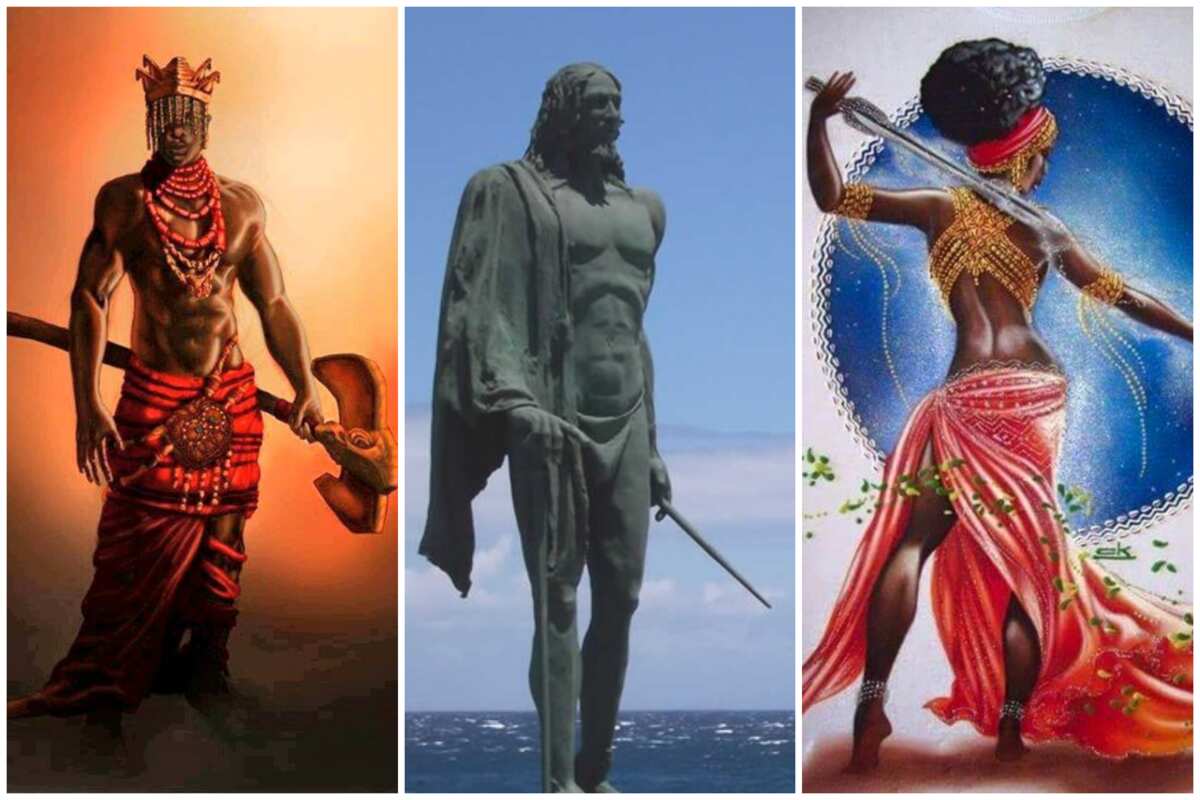
Read also
African gods and goddesses: 12 deities from African mythology
Their ideologies originated from the Italian and American mafia. Members attend secret parties, gamble, date girls, keep secrets, and believe in revenge against oppression. They call themselves Maf or Mafiansand chant these sayings:
- It is better for a b*astard (non-initiate) to chance/provoke a member than a numbered-b*astard (members of other cults).
- Retaliation after oppression.
- Secrecy is where our power lies.
Names of female cultism in Nigeria and their symbols
Founders of female cults are usually university students. Since most of them are girlfriends or colleagues of members of the secret cults, their ideologies are grounded on the men's brotherhoods' beliefs and missions.
Female cultism in Nigeria is about women joining hands to achieve a sacred goal or other special objectives. They usually meet in forests or remote locations to perform rituals, sing and chant spells and invocations. Many women have admitted to being members of the following cults and participating in their activities:

Read also
2023: Why PDP is Nyesom Wike’s last bus stop by Phrank Shaibu
8. Kegite club
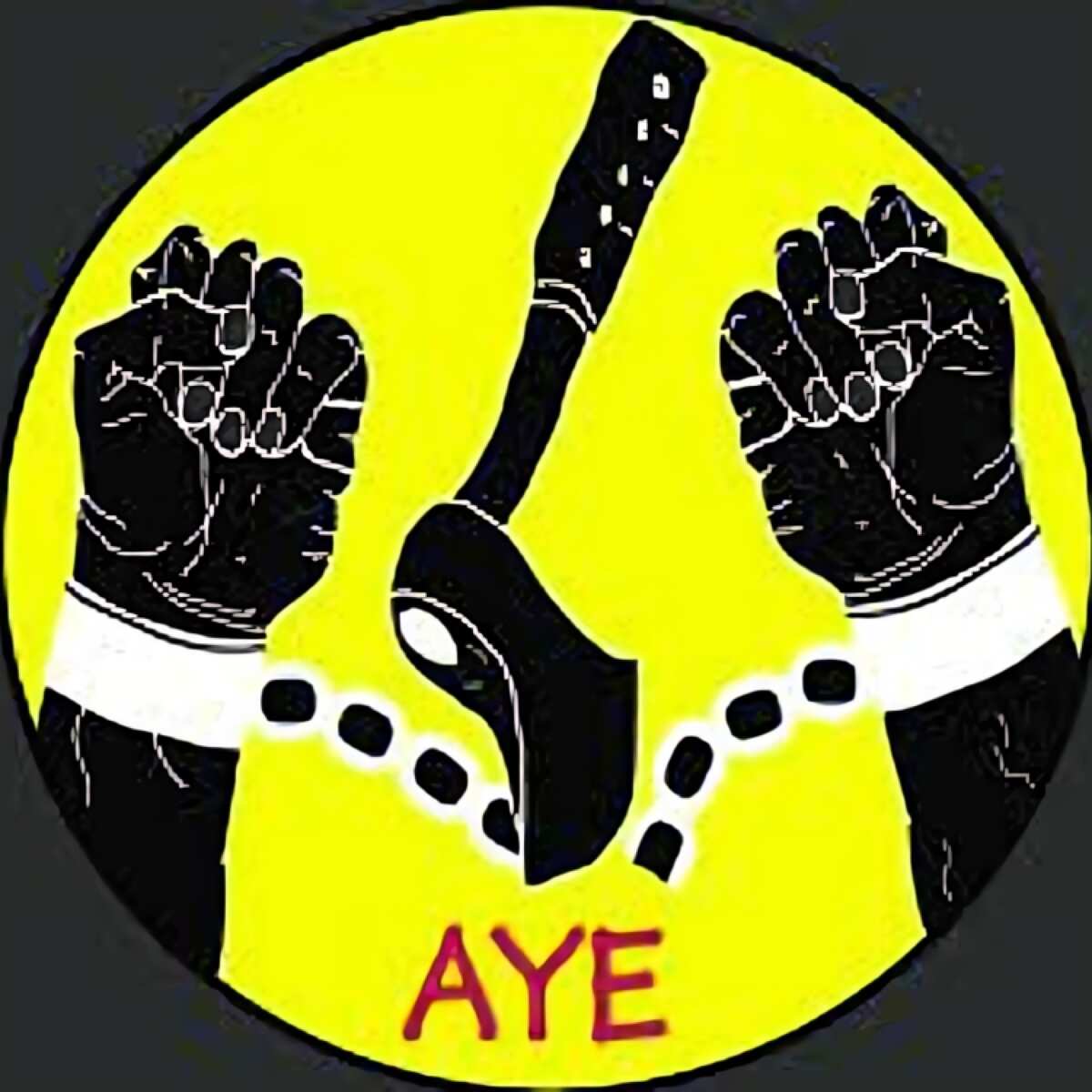
Kegite club is among the few women's movements still thriving today. While some people think it is a cult, others consider it a social group because it does not follow the principles of wealth, power, popularity, and revenge.
Instead, Kegite is a sociocultural movement supporting unity in diversity and promoting regeneration of the mind, soul, and body after a tedious day. Members are very tolerant, believe all ethnic groups are equal and stay true to themselves.
Unlike cults, Kegite's ideology has no negative consequences (such as fear, deaths, crimes, and loss of important moral values in society). The symbol of this movement is close to nature, and it is a green palm.
9. Black Bra Confraternity (Axe Queens)

The Black Bra Confraternity also calls itself the Neo Black Queen of Africa. It is among the top women's cults in Nigeria. The group encouraged development for women of colour, and members wear black from head to toe.

Read also
Peter Obi: BBC says Labour Party candidate is inspiring Nigerian youths
10. Daughters of Jezebel

The Daughters of Jezebel is among the most popular female confraternity in Nigeria. Members communicate in a coded language. However, little is known about this group because their activities are top secret.
A list of the types of cultism in Nigeria
There are more women cults in Nigeria but are unknown to the people. Some have made headlines, but the media is yet to reveal much about them. Here is a list of cults in Nigeria:
- Pyrate Confraternity (The National Associations of Sea Dogs)
- Buccaneers Confraternity (The National Associations of Sea Lords)
- Black Axe
- Supreme Vikings Confraternity
- Supreme Eiye Confraternity or Air Lords
- Deby Na debt
- Ciao-Sons or mafia cultism
- Red Sea
- Black Cobra of Ife
- Friends Fraternity
- Mgbamgba Brothers
- Snow Men
- The Blood Spot
Female cults
- Kegite club
- Black Bra Confraternity (Axe Queens)
- Daughters of Jezebel
- Blue Angels
- Marine Girls
- Daughters of the Knight
- The Royal Queens
- Golden Daughters
- Lady of Rose
- Woman Brassier
- Viqueens
- Pink Lady
- White Angel
- Amazons
- Sisterhood of Darkness
- The Knights of the Aristos

Read also
We want to reduce cybercrime: Tekisite organises tech summit, trains youths on digital skills
What are the consequences of cultism?
Here are some negative effects of cultism in Nigeria:
- Breakdown of law and order.
- Premature deaths of innocent victims and youths who are cult members.
- Disruption of academic activities.
- Violence and social instability.
- Drug addiction and related health problems.
- Disorientation of societal values.
Factors that explain the rise of cultism
Why is cultism on the rise? These factors explain why:
- A general atmosphere of frustration, deprivation, hopelessness, hardship, and injustice brought upon the people by the socio-economic system.
- Admission of unqualified persons into tertiary institutions, who cannot cope with the intellectual demands of the academic system.
- Uncoordinated university administrations which make it possible for non-students and expelled students to co-exist with bonafide students.
- The employment of cult members by some institutional administrators and politicians to combat their perceived enemies within and outside the school system.
- Lack of committed teaching and learning, as well as a scarcity of infrastructural resources, which has led to overcrowding in classrooms, residences, libraries and so on.
- The decay of national morality and social values.
- Poor upbringings as most homes have lost the required peace as divorce, separation, large family sizes, and financial hardship have become the orders of the day.

Read also
5 reasons why young Nigerians are suddenly interested in politics, elections
What are the causes of cultism?
Is there a personality type that is more likely to join a cult? People from various backgrounds and personality types may be susceptible to joining cults for different reasons, such as a desire for belonging, a search for meaning, vulnerability, or charismatic leadership.
Individuals seeking a sense of purpose or identity may be more likely to be drawn to cults, but it ultimately depends on individual circumstances and motivations. Here are some of the reasons people join cults in Nigeria:
- Youths succumb to peer pressure.
- Some people need cults to help the seeking revenge on their enemies.
- Some people are looking for protection from their rivals.
- Cultism is a lifestyle for some people.
Who is the founder of EIYE Confraternity?
The University of Ibadan students Tunde Aluko, Goke Adedeji, Bayo Adenubi, Dele Nwakpele, Bode Fadase, Kayode Oke and Bode Sowunmi formed the movement in 1965.

Read also
Internet for teenagers: discover the pros and cons
What is the solution to cultism?
Here are four suggestions for stopping cultism in Nigeria:
- The government should invest in public awareness initiatives regarding the evils of cultism.
- The education system should teach the evils and dangers of cultism from primary schools to the university level.
- The government should pass stern laws and severe punishments against cultism.
- Government should improve the standard of living in society.
What is cultism according to WAEC?
WAEC is primarily an examination body responsible for conducting exams in West Africa, and its focus is on educational assessments. Cultism is more commonly discussed in the context of social issues and security concerns within Nigerian schools rather than in the framework of examination bodies:
Cultism is a secret practice by members of cult groups whose activities are violent and extreme in nature. Desire to hide one's weaknesses. Failure on the part of the family/poor parenting.
Read also
30 most famous Jordan Peterson quotes of all time
What is cultism in Nigerian schools?
In Nigerian schools, cultism often refers to the existence and activities of secret societies or confraternities on campuses. These groups may engage in various illegal and violent activities, leading to security challenges within educational institutions. Cultism in Nigerian schools is a social issue that has been a cause for concern due to its impact on the safety and well-being of students.
Who is the father of cultism?
The term "father of cultism" is sometimes associated with the founding of the first secret cults or confraternities in Nigerian universities. One of the earliest and most well-known confraternities is the Pyrates Confraternity, founded in 1952 at the University of Ibadan. However, it's important to note that the term "father of cultism" is not an official title and may vary in its application.
Which state in Nigeria has the most cultism?
It has been reported in various states across the country. Some states may experience higher incidences of cult-related activities due to different factors such as socio-economic conditions, political climate, and the presence of specific cult groups.

Read also
16 good Nigerians Buhari met in Japan during TICAD7 summit
There are different types of cultism in Nigeria. Some are exclusively for men or women, while others have consist of all genders. Most groups were formed to fight for human rights and impact society positively. However, some deviated from their original reason for existence and are now promoting violence, crime, and destructive agendas.
READ ALSO: Top 10 dangerous religious cults in the world
Legit.ng delved deeper into religious cultism in the world. Scientology, the Unification Church, and the Children of God are among the top ten most dangerous religious cults today.
Tom Cruise, Leah Remini, Elisabeth Moss and other celebrities confessed that they left the Scientology church. Find out what happens in this religious group and other religious cults.
Source: Legit.ng
ncG1vNJzZmivp6x7rbHGoqtnppdkfnJ9lm9wbWWkrr2mv4ycrKWsmai6brrIoJyroZFiwLq5waijrGaYqbqt